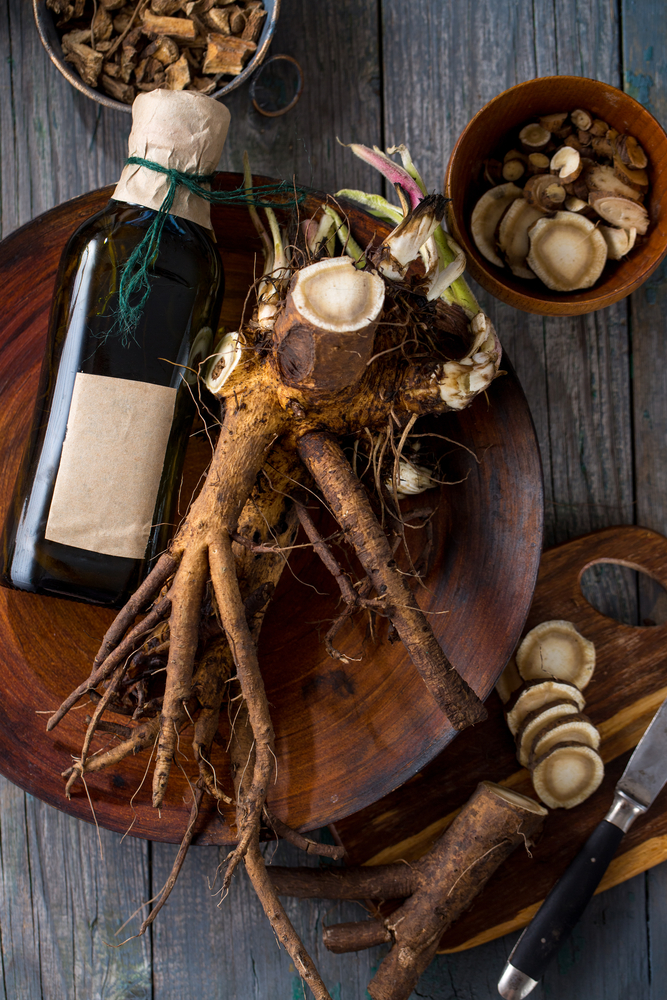Herbs have been used as a main source of medicine for people for thousands of years. There are many different herbal traditions practiced throughout the world.
I practice Western Herbal Medicine. The origins of this approach began in ancient Greece and since then this knowledge has evolved, influenced by aspects of Arabic and Native American approaches to herbs and medicine.
Medical Herbalists use a combination of whole plant extracts in the form of teas, tinctures and capsules to treat health problems and enhance vitality in a holistic way – seeking out the underlying cause of a disease or imbalance and treating this rather than just the symptoms.
Particular attention is paid to the role that diet plays in our health, as this is fundamental to good health. Attending to diet also enhances and complements the action of herbs that are prescribed. I aim to encourage people to make achievable changes to diet so that changes can be incorporated into their daily lives and are sustainable long-term
Many herbs form part of our diets – oats, turmeric, bilberries, ginger, cinnamon, artichokes and watercress are just a few examples. We have evolved and adapted to consume plants over millennia and easily assimilate their nourishing qualities.
Quality of sleep, is an issue I often like to focus on, as this can have such an impact on our general health. Living in a way that brings us into better balance with daily (circadian) and seasonal rhythms can also assist us greatly on the road to better health.
The approach of Herbal Medicine is appropriate for many conditions, but I would say that its main strength is in the treatment of chronic, complex conditions.
The following (non-exhaustive) list gives an idea of the types of conditions commonly seen by Medical Herbalists:
- Digestive problems such as irritable bowel, poor digestion, constipation, food intolerances;
- Low vitality and fatigue;
- Migraines, headaches and conditions exacerbated by stress;
- Chronic coughs, persistent catarrh and other respiratory conditions;
- Osteo-arthritis, gout, rheumatism and connective tissue problems such as fibromyalgia;
- Hormonal conditions such as period pain, PMT, peri and post menopausal problems;
- Urinary tract infections and benign prostate problems
- Insomnia
- Skin conditions such as acne and eczema
- Mild high blood pressure and circulatory problems
- Anxiety and depression


